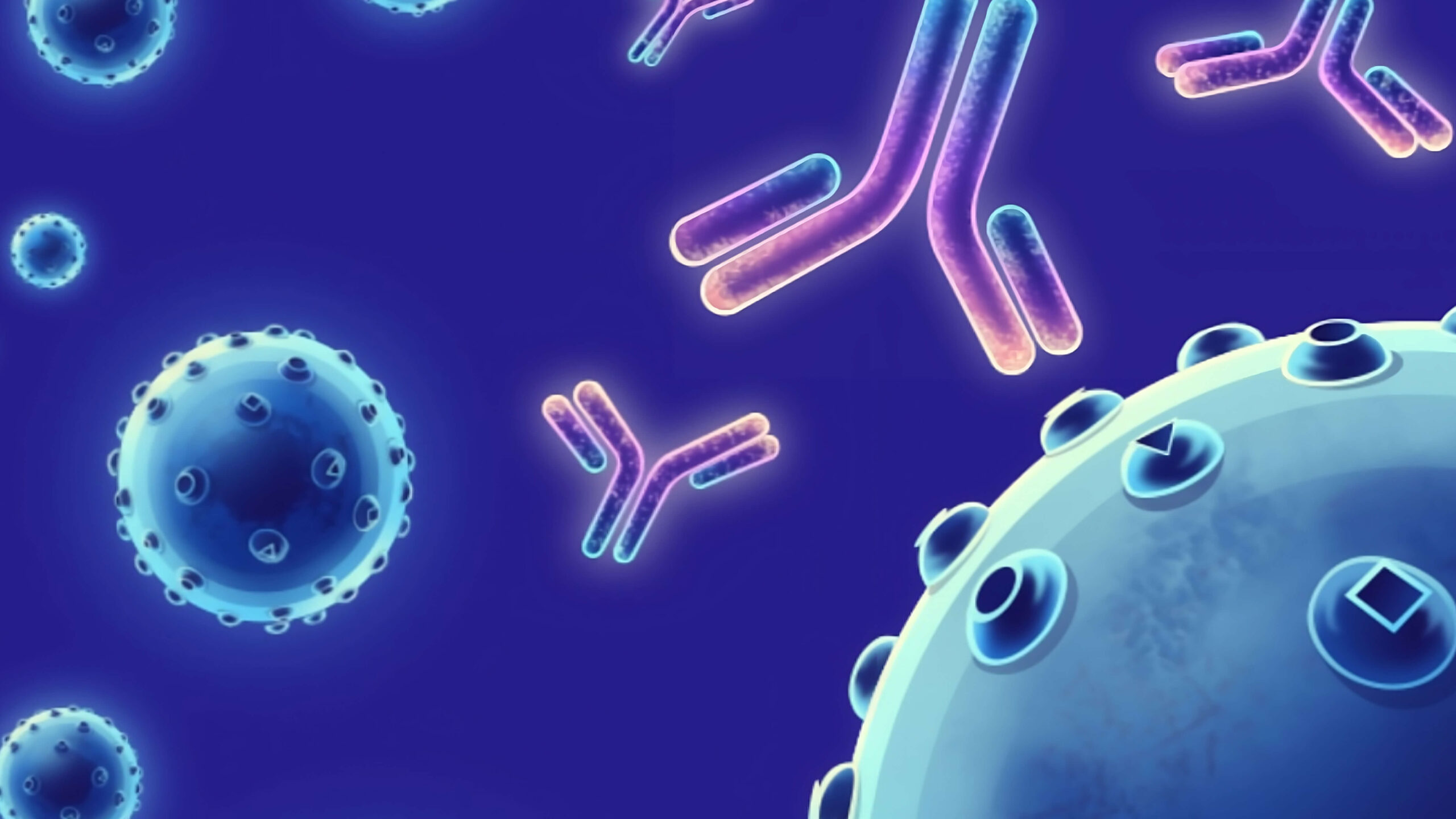Description
Programmed cell death 1, also known as PDCD1, is a type I transmembrane glycoprotein, and is an immunoreceptor belonging to the CD28/CTLA-4 family negatively regulates antigen receptor signaling by recruiting protein tyrosine phosphatase, SHP-2 upon interacting with either of two ligands, PD-L1 or PD-L2. PD1 inhibits the T-cell proliferation and production of related cytokines including IL-1, IL-4, IL-10 and IFN-γ by suppressing the activation and transduction of PI3K/AKT pathway. In addition, coligation of PD1 inhibits BCR-mediating signal by dephosphorylating key signal transducer. PD1 has been suggested to be involved in lymphocyte clonal selection and peripheral tolerance, and thus contributes to the prevention of autoimmune diseases. Furthermore, PD1 is shown to be a regulator of virus-specific CD8+ T cell survival in HIV infection. As a cell surface molecule, PDCD1 regulates the adaptive immune response. Engagement of PD-1 by its ligands PD-L1 or PD-L2 transduces a signal that inhibits T-cell proliferation, cytokine production, and cytolytic function.
Target
PDCD1
Target Alias Names
Ly101, PD-1, Pdc1
Isotype/Mimetic
Rabbit IgG
Animal-Derived Biomaterials Used
Yes
Sequence Available
No
Original Discovery Method
Phage display technology
Antibody/Binder Origins
Animal-dependent discovery, post-2020, In vitro recombinant expression, Animal-derived biomaterials used in production or final formulation

